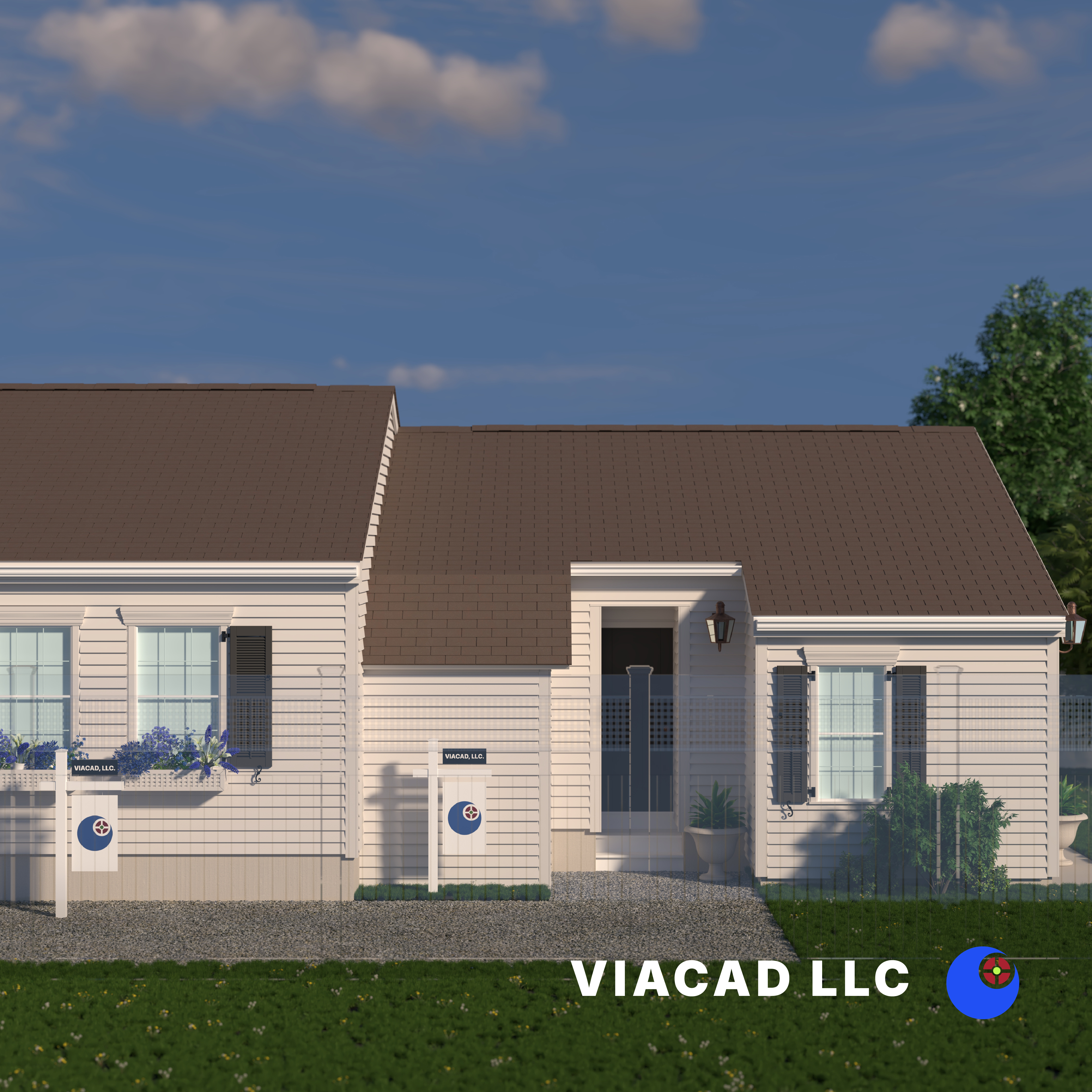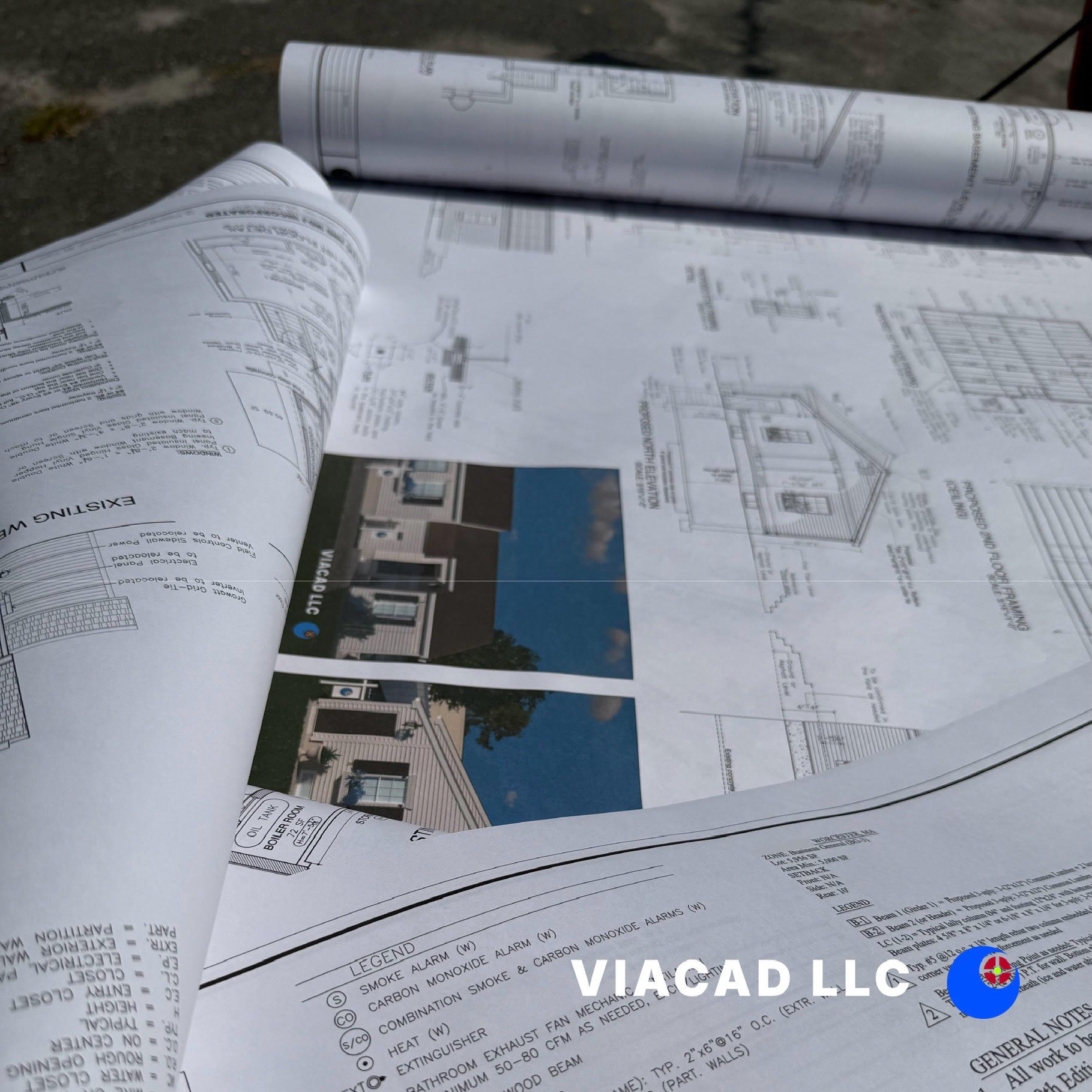
When considering expanding your property in Massachusetts, understanding the additional dwelling unit cost is crucial. Whether you’re planning a detached ADU, converting an existing garage into an attached ADU, or exploring prefab ADUs, the costs can vary widely. This article will guide you through the various factors influencing ADU construction costs specific to Massachusetts, helping you make informed decisions for your ADU project.
An additional dwelling unit (ADU) is a secondary housing unit on a single-family residential lot. ADUs can be detached units with a separate foundation or attached ADUs that share at least one wall with the primary residence. They provide extra living space and can serve various purposes, such as housing family members or generating rental income.
The accessory dwelling unit cost in Massachusetts depends on several variables that contribute to the overall cost and total cost of the project. These include:
The ADU size directly impacts the construction costs. Larger units require more materials and labor, increasing the total budget. The design complexity also plays a role; a simple garage conversion ADU generally has lower costs compared to a detached new construction ADU that requires a separate foundation and more extensive site preparation.
Garage conversions or attached ADUs typically have costs lower than building a detached ADU because they utilize an existing structure and existing utilities. For example, garage conversion ADUs often avoid the need for utility upgrades and extensive site preparation, making them a cost-effective option.
Both labor costs and material costs significantly influence the ADU cost in Massachusetts. Labor rates in the state tend to be higher than the national average due to union regulations and local wage standards. Material costs can also be affected by regional availability and shipping. Opting for luxury materials such as hardwood floors or high-end materials will increase expenses, while more standard materials can help keep costs lower.
Compliance with Massachusetts local building codes and local regulations is essential and affects the project's cost. The state has specific requirements for energy efficiency, including adherence to the Massachusetts Stretch Energy Code, which may add to additional costs. Some municipalities may also impose impact fees or have unique zoning laws related to ADUs. Understanding these requirements early can help you budget appropriately and avoid unexpected expenses.
For detached ADUs in Massachusetts, site preparation and connecting to utilities can add significant costs. If the property lacks nearby utility connections or requires utility upgrades, this will increase the final cost. In contrast, garage conversions often benefit from existing utility infrastructure, making them a more affordable option.
One area that homeowners often underestimate is the importance of quality design plans. At VIACAD, LLC, we specialize in creating detailed, tailored blueprints and plans that serve as the foundation for a successful ADU project. Having a complete set of plans before reaching out to contractors is essential, not just for securing permits, but for ensuring accurate bids and smooth construction.
Many homeowners contact contractors first, who then reach out to building designers like us. By starting with VIACAD, LLC, homeowners gain control over the bidding process, allowing them to seek multiple contractor bids based on the same precise plans. This approach helps avoid surprises, change orders, and budget overruns during construction.
With over 18 years of experience serving Worcester and Central Massachusetts, our team understands local codes and zoning intricacies, ensuring your plans meet all requirements. We tailor every design to your property’s unique conditions and your vision, making construction simpler, smoother, and more predictable.

Garage conversion ADUs are often the cheapest way to add an ADU in Massachusetts, as they leverage the existing garage structure and utilities. The cost to build these units is generally lower due to minimal site preparation and no need for a new foundation. This option is ideal for homeowners seeking to generate rental income or create extra living space without a significant project.
Building a detached new construction ADU in Massachusetts involves higher construction costs because of the need for a separate foundation, site preparation, and possibly new utility connections. However, these units offer more privacy and design flexibility, which can increase property value and rental potential.
Prefab ADUs can offer a middle ground, combining faster construction times with controlled material costs. These units are built off-site and assembled on your property, potentially reducing labor costs and mitigating delays due to weather or other factors common in Massachusetts.
ADU costs in Massachusetts typically range from $150 to $450 per square foot, depending on design, materials, and location within the state. For example, in higher-cost areas like Boston or Cambridge, the cost to build an ADU may be at the higher end of this spectrum.
To manage your total cost, consider the following tips:
Despite the additional costs, building an ADU in Massachusetts can be a wise investment. It adds additional square footage to your property, increases property value, and provides an opportunity to generate rental income. Moreover, ADUs can offer flexible living arrangements for multigenerational families or serve as a private workspace.
Understanding the additional dwelling unit cost in Massachusetts is essential for planning a successful ADU project. From garage conversions to detached units, the ADU construction costs can vary widely based on size, design, location, and materials. By considering factors such as Massachusetts local regulations, labor costs, and utility upgrades, you can create a realistic total budget.
Equally important is starting your project with quality design plans. The team behind those drawings, like VIACAD, LLC, is the quiet engine that makes the entire build process smoother. Careful planning and budgeting, combined with tailored, code-compliant plans, will help you build your dream ADU in a cost-effective manner tailored to Massachusetts requirements.


Currently accepting projects in Massachusetts.